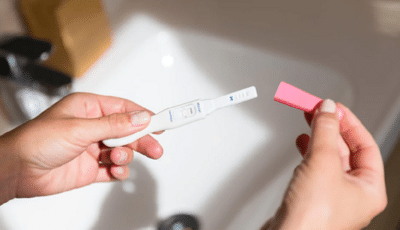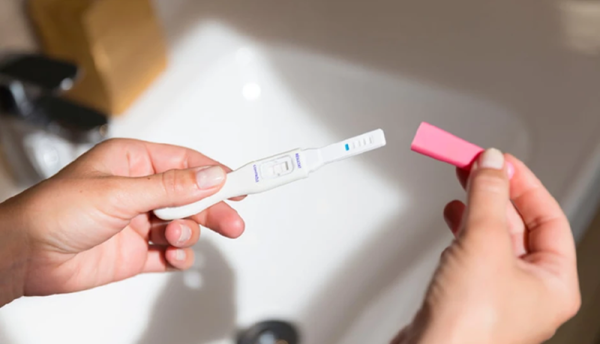

In today's generation, marriage and motherhood are often planned late due to career, lifestyle, and personal priorities. However, doctors believe that after the age of 30, many physical and hormonal changes occur in the female body, which can affect pregnancy. Therefore, it becomes extremely important to have timely information and take appropriate precautions.

The Relationship Between Age and Fertility
Gynecologists say that after the age of 30, women's menstrual cycles become irregular. This can affect ovulation, the production and release of eggs. When eggs are not produced regularly, the chances of conception decrease. Additionally, AMH (Anti-Müllerian Hormone) levels also begin to decline. This hormone reflects ovarian reserve, meaning the number and quality of eggs. Low AMH directly impacts fertility and can make it difficult to conceive naturally.
Hormonal Changes and Irregular Periods
Hormonal imbalances become a common problem after 30. This can cause periods to sometimes come early and sometimes late. This imbalance complicates proper pregnancy planning. Sometimes, this imbalance can lead to conditions like PCOS (Polycystic Ovary Syndrome), which can make conceiving more difficult.
Potential Challenges of Pregnancy After 30
Decreased Egg Quality – The quality and number of eggs decrease with age.
Increased Risk of Miscarriage – Research shows that the risk of miscarriage increases after 30.
High-Risk Pregnancy – Problems like diabetes, thyroid, and high blood pressure can make pregnancy risky.
Recourse to Artificial Technology – Sometimes IVF or other medical treatments are required.
What is the Ideal Age to Become a Mother?
Experts believe that the age of 25 to 30 is the most suitable time for a woman's body to conceive. During this time, the body remains healthy, egg quality improves, and hormonal balance is maintained. However, every woman's health is different, so it's always beneficial to consult a doctor before family planning.
A safe pregnancy is possible even after 30
- Get periodic fertility tests.
- Adopt a nutritious diet and a healthy lifestyle.
- Control stress through yoga and meditation.
- Stay away from alcohol and smoking completely.
- Seek treatment if needed, under the advice of a specialist.

Pregnancy after 30 is becoming more common due to late marriage and career priorities. However, the physical challenges that come with this age cannot be ignored. However, with timely medical guidance, a balanced lifestyle, and regular fertility checkups, women can experience healthy, safe, and successful motherhood even after 30.
PC Social Media
-
US company defies Trump's tariffs, will invest $1 billion in India.

-
Instructions to cancel Xbox Game Pass and change your subscription on console, desktop and mobile

-
Toll Tax Update - Pay via UPI if you don't have a Fastag, you won't be charged double.

-
Reece James injury update after Chelsea captain withdraws from England squad

-
Rachel Reeves on brink as Budget goes up in smoke - everything's 'on fire!'
